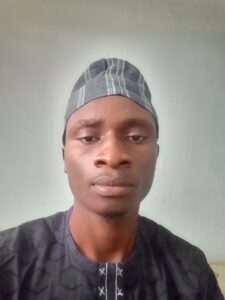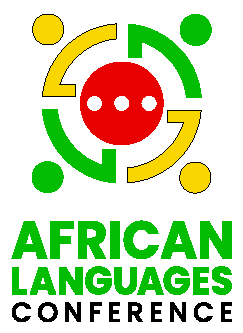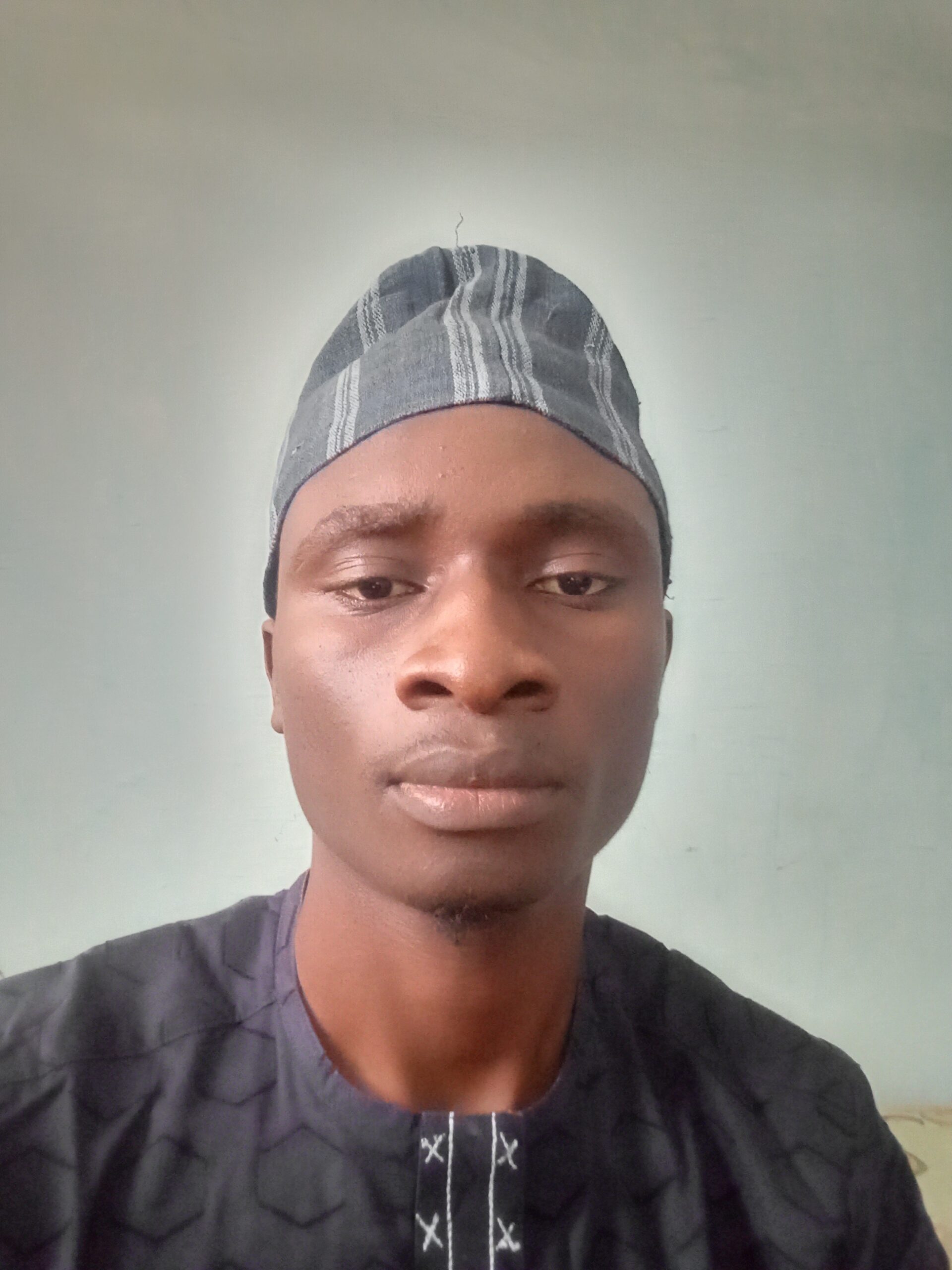
Kambai’s Journey Towards Reclaiming the Tyap Language
Levi Kambai Timothy, who goes by the penname Kambai Akau, hails from a town called Fantswam (corrupted as “Kafanchan” by Hausa traders), in southern Kaduna State, Nigeria. He is of the Nok cultural heritage and portrays himself as an ambassador of the Middle Belt of Nigeria. In this series to showcase the work of African language activists, Kambai shares his journey of reclaiming his Identity and language.
What inspired you to become a language activist, and what drives your passion for preserving and documenting the Tyap language?
“At age nine, my family and I moved to Benin City from Kaduna, where I experienced a different culture from the one I was used to. Although in Kaduna, the culture around us was a mixture of various cultures, in Benin City, the diversity was quite different. Many factors pushed me to want to develop what is mine, in terms of identity. The last straw that broke the camel’s back was a lecture by the then-CBN governor, Chukwuma Soludo shortly before he left office on his name, “Charles” which he used to be proud of until he had a change in thinking. Since then, my childhood pride in the knowledge of the Hausa language and culture began to diminish. I began to become self-aware of my human identity, and that sparked a fire in me that burns hotter today.
I began to work on an alphabet which would be later known as the “Akai” alphabet and the “Fafang” numerals around the year 2007, and about a year later, I started to translate English words to Tyap by asking my mother for translations and later my father and it reached a point when I involved my cousin, Philip, who took me from house to house in the village to meet old men whom he perceived knew the language and could help me in translation.
In all these, my drive had been the fact that my language was unknown to many people, and the people who could speak it barely actually spoke it. Many speak a pidgin form of Tyap with more than 80% of the words being of Hausa origin with a Tyap intonation and still call what they speak Tyap, which annoys me a lot. An example is the question, “How is the family?” (Hausa: “Ya iyalin?” or “Yaya iyali din?”; Pidginized Tyap: “Ya iyali ji?”; Tyap: “Kyangbwak hu li ni/nini?”). I knew my language was on the verge of extinction because I discovered that many words were disappearing and many who were alive could not be able to translate most words for me. Here, we also have a situation where younger people like me are not even able to speak the language, even the Pidginized Tyap sufficiently. This made me devote time and effort to seeing that I document as many words as possible so that even when the older people are no more, the words I document will remain.
In my late childhood and early teenage, I also suffered from identity low self-esteem and would rather prefer to be pirated in another’s identity. I didn’t want someone else to pass through the same funnel I passed through. This contributes to the fuel that fires my language activism and advocacy efforts.
Can you explain your current project(s) and their potential impact?
Currently, I lead the Tyap Wikimedians User Group, a recognized affiliate of Wikimedia Foundation Inc., approved in July 2022; and the Tyap Wikimedians Organisation, an NGO registered with the Corporate Affairs Commission (CAC) in Nigeria in January 2023. I also lead the facilitation of the teaching of the Tyap language at the Tyap Language Institute of Nigeria – The TYALIN on various social media channels. These projects are aimed at bringing in new people to learn and develop the Tyap language online. Thus far, we have been able to develop a community of hundreds of followers with a growing number through in-person and offline events. You can search for us online to get more gist.
Among the many success stories in my language preservation efforts is the establishment of the Tyap Wikipedia which happens to be the sixth or seventh language Wikipedia edition approved in Nigeria and one of the very few in Africa, in May 2022. The Tyap Wiktionary, an online dictionary, approved in April 2023, is one of the only four working editions in Nigeria today.
Can you share a success story or a challenging experience in your language preservation efforts?
All these didn’t come without a price. I have encountered financial constraints while training myself on the language and finding those to help me edit my works, and even finding those to work with and in keeping the community together. There had also been opposition and carefree attitudes from most of those who were supposed to promote my efforts. These bring heartbreaks and frustration at some point or the other but the purpose for which I went into it kept me moving.
What role do you think languages play in African identity and culture?
One can be from another ethnic background and be integrated into another ethnic group when such a person adopts the language of the new group he/she wishes to integrate into. We have examples in certain clans of various ethnic groups which are said to have come from other language backgrounds and got integrated into the one they currently speak and are thereafter identified as same with the people they currently speak their language.
Language is identity. Take away the language, a people become an appendage of whatever group they decide to speak their language afterward.
In the African identity and culture, language contains certain elements that serve as a knowledge reservoir to store the people’s culture and identity. An example I shall give is the Tyap system of naming, which is similar to that of other traditional non-Arabized African societies. In the Tyap naming system, a child is named based on the circumstances surrounding its birth. A child is named “Nkom” (corpses) when born during a time when people died during war or life-claiming pestilence, and a child is named “Kambai” when he resembles someone in the family who just died not long ago in the family. In most African societies, there is no writing system in place to document the people’s history. However, in a society such as the Tyap-speaking society, history is engraved in the names of the people who speak the language. Imagine a situation where the language gets lost! It is not just a means of communication that would be lost but the history and culture of the people.
What do you think is the most significant challenge facing African languages today?
Government Policies: African languages are not seen as the identity of the people who speak them. If they are, then, the identity of the people is not seen as something that is worth protecting. If none of these is the case, then, African governments would protect the languages of Africa as much as they would protect their economic interests. We find a case in Africa, where a foreign language is used as an official language while the African language is relegated to home, street, and market usage only. This is unfair to the identity of the people and this breeds low self-esteem among those who speak the African languages.
How can we support and amplify the work of African language activists and technologists?
One of the ways is promoting the works of these African language activists and technologists through newsletters and magazine interviews and organizing conferences for a number of African activists and technologists to come and learn from one another, as well as invite others from other parts of the world to come and share their experiences working with minoritized languages from around the globe.
Government policies favoring language development and inclusivism could be lobbied into the constitutions of African countries through lawmakers. An example of such is the funding of local language development boards, groups, and individuals who show interest in running language developmental programs. There could be funding from the local and state governments specifically for language development.
Learn more about Kambai’s work with the Tyap language with the links below
YouTube Facebook Telegram Instagram TikTok Email. thetyalin@gmail.com

